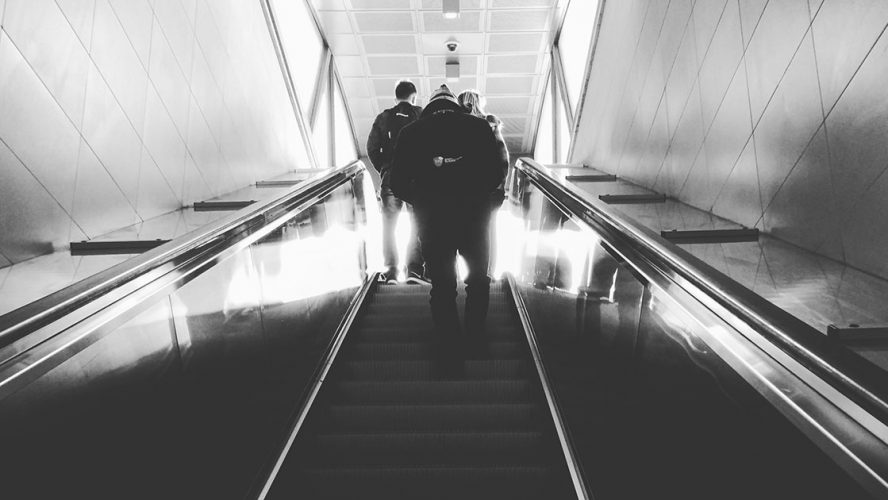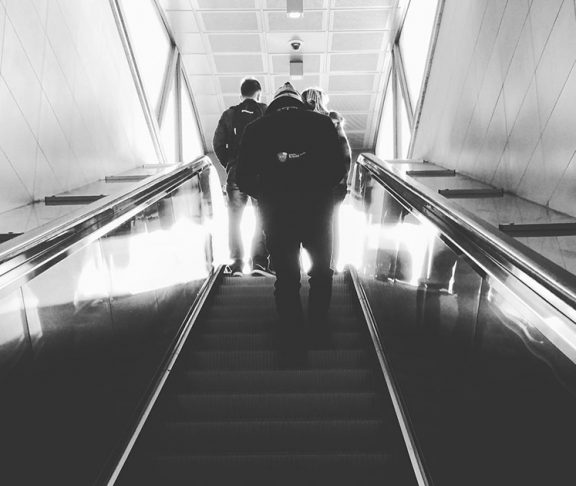As veterans return to civilian life, the transition can be challenging. By obtaining a career-focused education, they can more quickly find a rewarding job and better adjust to a new environment.
Lending a helping hand
The U.S. Department of Veterans Affairs Education and Career Counseling program helps service members and veterans get personalized counseling and support to help guide their career paths.
Services include helping veterans understand the best career options based on their interests and capabilities, as well as offering benefits coaching and guidance on the effective use of VA benefits to achieve their goals.
Taking charge
Walter Tillman, Director of Programs with Student Veterans of America, says veterans are overcoming hurdles after graduation: “Veterans are taking their degrees and gaining meaningful employment. When veterans get to the workplace, they’re quickly distinguishing themselves and moving up the corporate ladder.”
The veteran unemployment rate is steadily declining and remains below the national average — 3.9 percent for veterans, compared with 4.9 percent nationally. This is partly due to efforts to assimilate veterans by helping them attain a career-specific education that allows them to enter the workforce.
Other options
The University of North Florida Military and Veterans Resource Center (UNF-MVRC), for example, offers programs and support services for local veterans transitioning into higher education and the workforce.
“Veterans are used to a very clear chain of command, and a shift in organizational culture can be difficult to navigate at first,” says Theresa Hammock, program services coordinator for UNF-MVRC. “In the military, you are given orders. You don’t need to worry about searching for open positions or writing a strong cover letter. As a result, job search skills are new territory for veterans, and the best way to prepare them for the civilian job hunt is to arm them with knowledge in areas such as resume writing and interviewing.”
Cindy Riley, [email protected]

